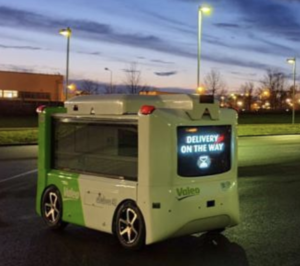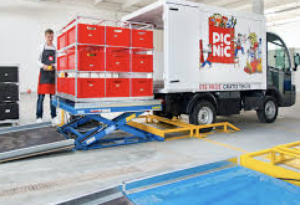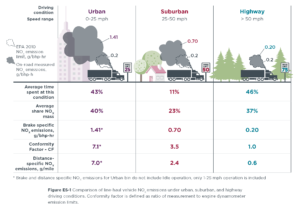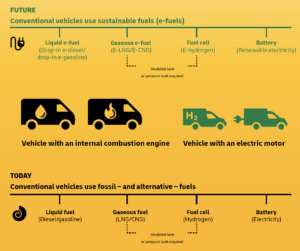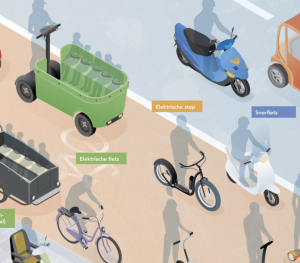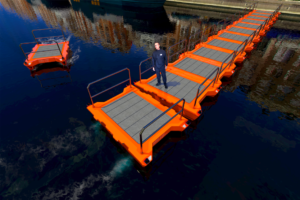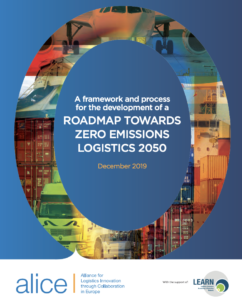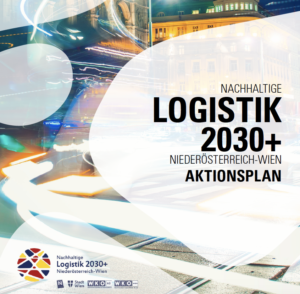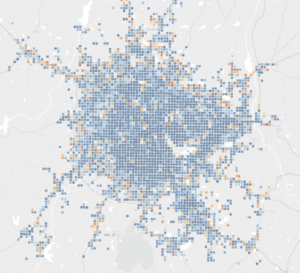World Economic Forum about the future of the last-mile ecosystem
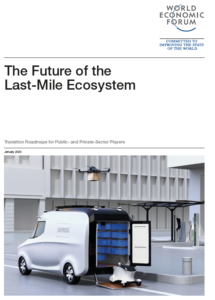
Growing demand for e-commerce delivery will result in 36% more delivery vehicles in inner cities by 2030, leading to a rise in both emissions and traffic congestion without effective intervention. Without effective intervention, urban last-mile delivery emissions and traffic congestion are on track to increase by over 30% in the top 100 cities globally.

